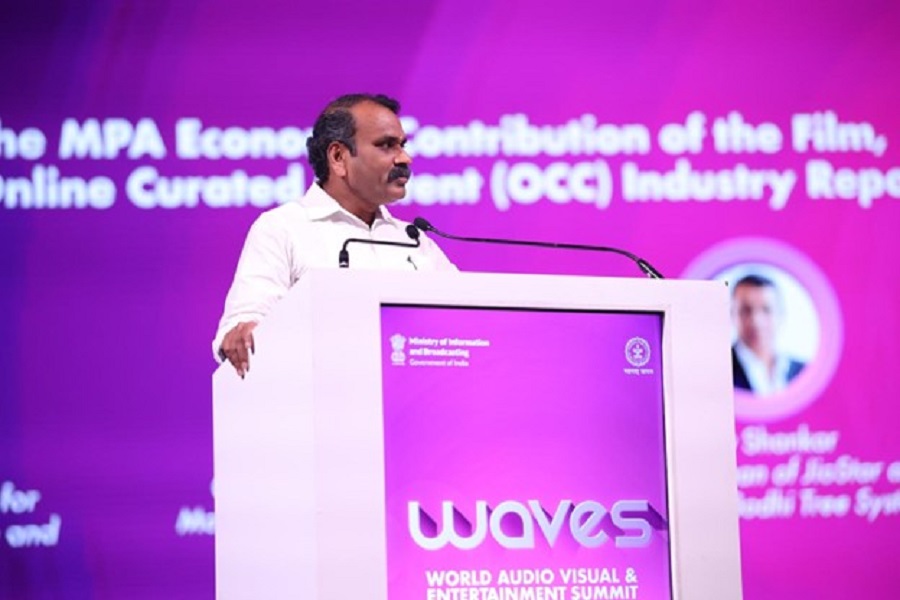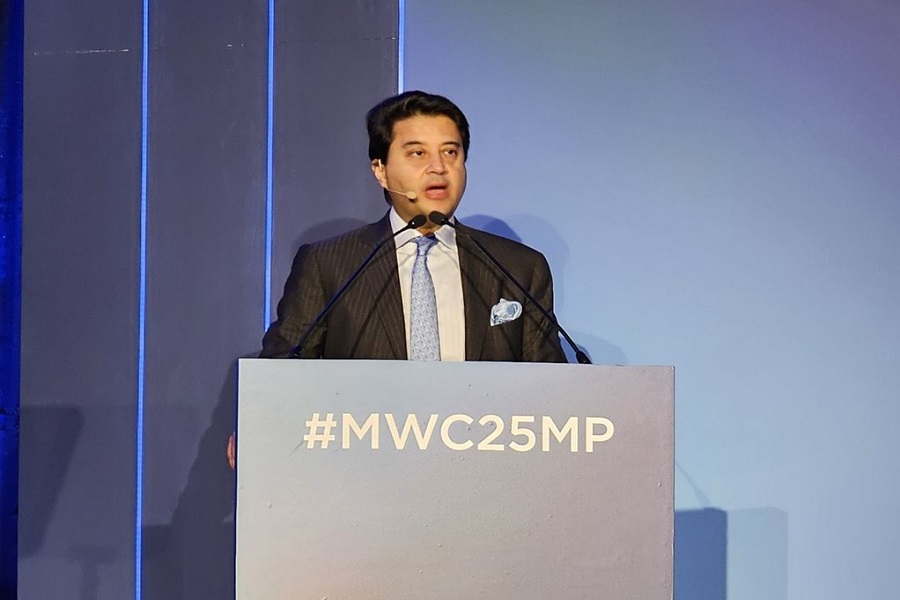New labour codes to boost formalisation, gender parity of India`s workforce: Industry leaders

India’s top industry bodies and staffing leaders on Saturday labelled the implementation of the Four Labour Codes a landmark step toward formalising the workforce, expanding social security, and aligning India’s labour framework with global standards.
The India Electronics & Semiconductor Association (IESA) said the reforms would significantly benefit the high-technology sectors by enhancing workforce stability, improving safety standards, and enabling labour flexibility with social protection.
"Mandatory appointment letters, universal minimum wages, and pan-India social security coverage (including ESIC expansion) ensure greater formalisation. This strengthens worker confidence -- critical for skill-intensive manufacturing such as fabs, ATMP, component manufacturing and design centres," said Ashok Chandak, President, IESA and SEMI India.
Provisions for fixed-term employment, faster dispute resolution, single licensing, and simplified compliance directly support the scaling of high-tech manufacturing clusters, the statement said.
Meanwhile, parity of benefits for Fixed-Term Employees (FTE) and expanded social security protections ensure a balanced, worker-centric ecosystem, he added.
Sachin Alug, CEO of NLB Services, a technology and digital talent provider, said the reforms were long overdue for India’s gig economy and will offer protection to a fast-growing but previously unorganised workforce.
The new laws are also expected to promote gender parity in the workforce by opening doors to wider opportunities across diverse sectors. Additionally, other groups such as”
He also pointed out that new laws will promote gender parity and contract workers, youth workers, and fixed-term employees will benefit from clearer working-hour norms, expanded social security, minimum wage protections, and health benefits.
"By simplifying compliance and unifying the regulatory framework, the codes can significantly expand formal employment, bringing millions of workers, especially in industries that rely on contract, temporary, and project-based roles, into the fold of structured, protected work," said Balasubramanian A, Senior Vice President, TeamLease Services.
"National floor minimum wage creates a consistent benchmark across states and is an important step in India’s evolution from a minimum-wage economy to a living-wage economy," he noted.
Suchita Dutta, Executive Director of Indian Staffing Federation (ISF), said the codes simplify compliance for employers, reduce regulatory burdens, and foster a more flexible hiring environment -- crucial for the staffing industry, which has long advocated for such changes to unlock formal job creation.
The government, on November 21, implemented the Four Labour Codes -- the Code on Wages (2019), Industrial Relations Code (2020), Code on Social Security (2020), and Occupational Safety, Health and Working Conditions (OSHWC) Code (2020) -- repealing and rationalising 29 existing central labour laws.




















